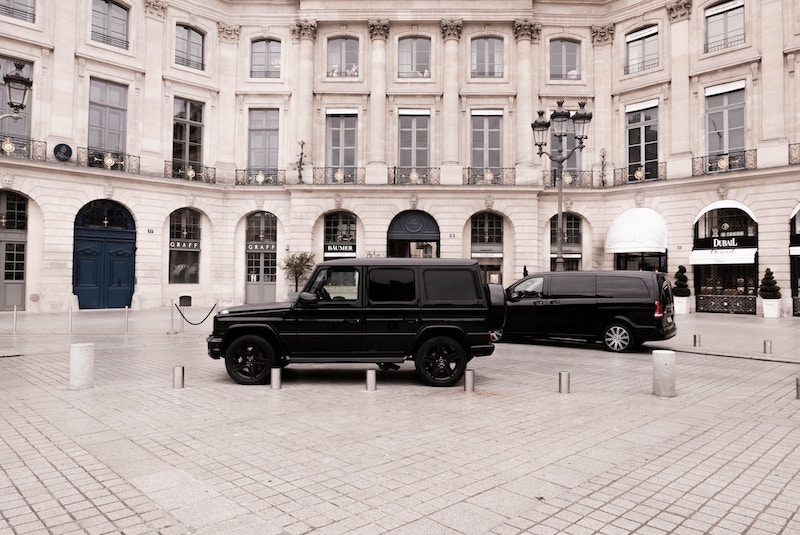In April 2023, Parisians went to the polls in an unprecedented local referendum to decide whether or not to ban free-floating e-scooters. City hall hailed the vote as a great democratic exercise, with mayor Hidalgo rejoicing at the overwhelming result: 89% of voters agreed with her that the contraptions should disappear from the capital’s streets. By the end of August, they had duly departed.
That’s right: only 11% of voting Parisians backed the scooters, making them officially less popular than Marine le Pen. But is that the whole story? Only 7.46% of eligible voters showed up to the polls. That illustrates that either it’s not an issue that bothered Parisians much, or that it wasn’t widely enough advertised. My own anecdotal experience suggests both. Many people I spoke to were completely unaware it was happening. But when I told them, they still didn’t really care either way. Those who did care enough to turn out were those who hate the e-scooter.
All this raises the question: why put it to a public vote? What makes this issue special and not, say, the proliferation of school streets? Why is there no vote about cycle lane rollouts? What about this year’s 50% property tax hike? To be clear, I’m not saying these policies were wrong, and I’m not suggesting Hidalgo should have called a referendum on each of these points. I’m just unsure why e-scooters were something which had to come before voters in such a specific way – and results suggest most Parisians agree.
This lengthy preamble brings me to the topic of today’s post: another single-issue vote taking place in February 2024. The question, as announced on billboards around the city: “more or fewer SUVs in Paris?”.

As explained on the city’s website, the initiative is a response to the growing size and weight of cars. In the last three decades, the average French car has got 25% heavier. This is bad for the climate, offsetting efficiency gains made elsewhere. It’s bad for the air we breathe in the city. It’s also catastrophic for pedestrian safety, especially when combined with increasingly poor driver visibility.
I’m completely on board with the idea of reducing the number of these dangerous vehicles on our streets. And I plan to vote “fewer”. But I have a few issues with this referendum.
Firstly, I’m sceptical of a simplistic question like this. The question posed should be one of policy, not a desired outcome. To understand the policy on the table, we have to look to the city’s official literature. The “more” option is the status quo, based on the well-founded assumption that the SUV sector will continue to grow. The “fewer” option is a “significant” increase in the price of non-residential parking for SUVs – defined for these purposes as conventional or hybrid cars weighing more than 1.6 tonnes, or electric ones heavier than 2 tonnes. This is as much detail as I can find at this point.
Secondly, like the scooter vote, I don’t see why this is an issue worth holding a referendum for. I’m not opposed to local democracy – democratic initiatives like Paris’s annual participatory budget or neighbourhood councils and a citizens’ assembly are great – but I can’t see why an issue like this should be the subject of a specific vote, while most of the council’s other decisions are taken without such a consultation. If turnout figures are anything like they were in April, I will find it hard to swallow city hall’s claims of a win for democracy.
If Hidalgo is hoping for a similar result to last time, I fear she will be disappointed. On e-scooters, the people most energised to vote were their opponents. There was also, I think, a coalition of traditional Hidalgo allies on the left and people with more reactionary views, more married to the car and distrusting of softer modes of transport. This time around, the socialist administration is less likely to find allies on the right, where those who see cars as representing freedom will relish the chance to give the mayor a bloody nose. If that happens, it will give ammunition to those claiming Parisians reject her other policies in favour of clean air and active travel.
It’s a laudable policy, but a questionable strategy. In my lifetime, I’ve voted in three referendums, and been on the losing side each time. I dearly hope to break that curse next February.
 Fabric of Paris
Fabric of Paris